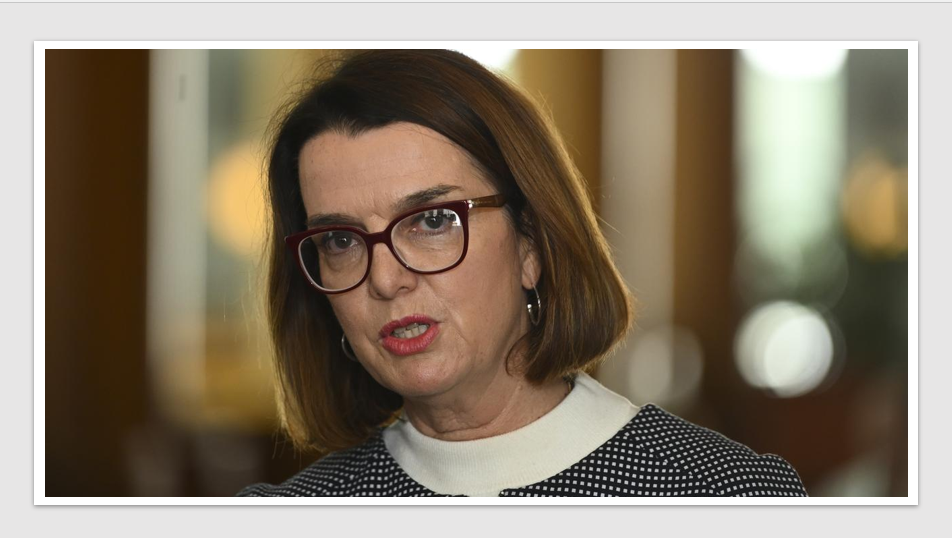News & Trends - MedTech & Diagnostics
Next-level accuracy for shoulder surgery

Shoulder replacement surgery is more complicated than hip or knee procedures, but a new computer-navigated system is bringing major benefits for patients needing such complex treatment.
Dr Kelly Macgroarty, orthopaedic surgeon at St Andrew’s War Memorial Hospital, said the technology provides real-time confirmation that positioning of the new joint is as precise as possible.
He has been using the latest version of the ExactechGPS system for patients undergoing total shoulder replacement (TSR) at the private, not-for-profit hospital in Brisbane.
“The technology and software has seen a generational improvement to a point that it is now accurate and reliable, and I am totally confident in it.
“The shoulder is a more complex joint due to its biomechanics and hence more difficult than knee and hip replacements, which have been using similar technology for some time,” Dr Macgroarty said.
A recent study showed that the latest iteration of the system brought significant improvements to the precision of implant placements, and Dr Macgroarty has seen similar results since adopting it.
He said it could be used in almost all TSR cases, except for patients with soft bone and after certain types of previous shoulder surgery.
“It is beneficial for complex and technically difficult cases where the anatomy is really distorted, as is often the case in patients with severe osteoarthritis.
“As osteoarthritis progresses, it can make positioning of a TSR more difficult. The advantage of computer navigation is that it allows the surgeon to help correct any deformities caused by the osteoarthritis and then get the most precise fixation to bone of the components, allowing for the best possible result,” Dr Macgroarty said.
The system uses patients’ pre-operative CT scan data to create a customised pre-surgery plan for implant selection and placement. It then reproduces this plan, aided by a touchscreen tablet and three trackers inside the shoulder that provide instant feedback to the surgeon via infra-red signals.
It can be used for both standard and reverse total shoulder replacements.
“Computer navigation for total shoulder replacement is a welcome additional tool for surgeons,” Dr Macgroarty said.
You may also like Omar Ishrak, Medtronic CEO will retire April 2020
News & Trends - MedTech & Diagnostics

Parliament passes lung cancer legislation
MedTech & Diagnostics News: Lung cancer is the leading cause of cancer death and is responsible for almost one in […]
MoreNews & Trends - Pharmaceuticals

Senator Ruston criticises Budget’s lack of ‘real seamanship’ in tackling pressing healthcare challenges
Pharma News: Senator Anne Ruston, Shadow Health Minister, was warmly welcomed at the Post-Budget event held in Parliament House yesterday […]
MoreNews & Trends - MedTech & Diagnostics

Baxter announces branding for spin-off kidney care business
MedTech & Diagnostics News: Baxter has unveiled the mission and logo for its forthcoming kidney care and acute therapies company, […]
More